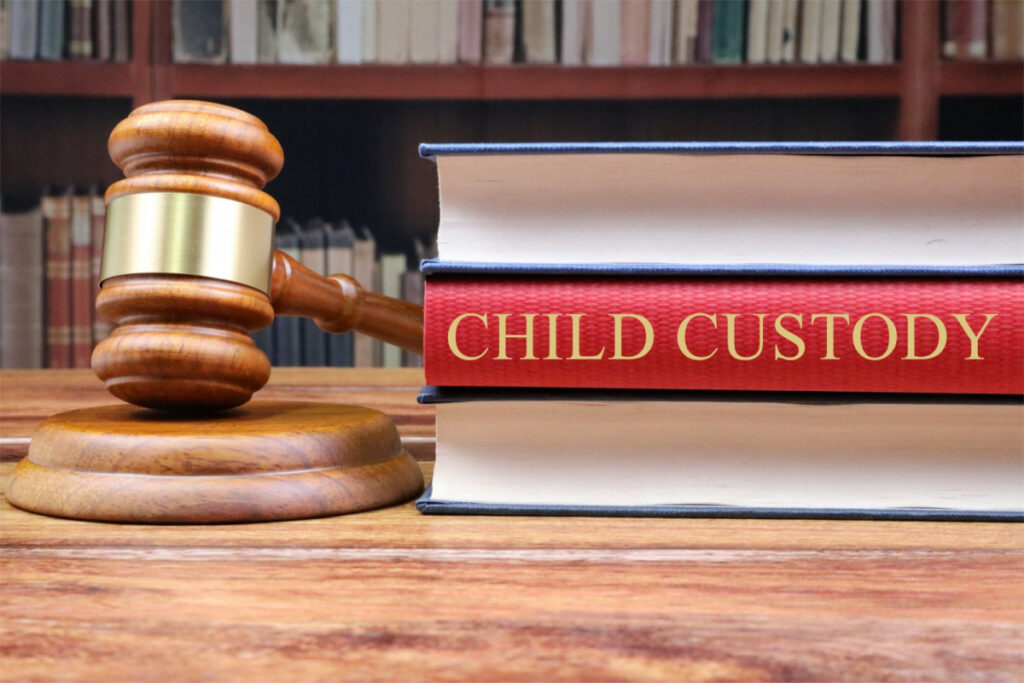How Can You Come Up With a Fair Child Custody Agreement With Your Ex?
Divorce or separation is undoubtedly one of life’s most challenging experiences. When children are involved, the process becomes even more complex, and ex-partners must do their best to create a fair and mutually beneficial custody agreement that prioritizes the child’s well-being above all else.
Although that is easier said than done, doing the following five key things can make this process easier and result in a fair child custody agreement:

1. Communication is Secret
Effective communication is the secret to success in all interpersonal relations, especially those involving complex emotions, like divorce and child custody agreements.
That’s why you should foster open, honest, and respectful dialogue that makes both home environments feel secure and loving for the child, irrespective of the changing family dynamics and circumstances.
Establish a cooperative co-parenting tone to set a positive precedent for all other interactions. This is important because, besides helping you openly discuss custody matters and come to an amicable agreement, effective communication will prove invaluable as the child grows and circumstances change.
Furthermore, proactive communication substantially diminishes the likelihood of conflicts, which helps reduce the child’s stress, anxiety, and instability. It also makes sharing and discussing vital information regarding the child’s well-being easier.
2. Focus on Your Child’s Best Interest
Prioritizing a child’s best interests requires parents to transcend their conflicts, grievances, and differences and channel their energy and efforts into what truly matters: their child’s welfare.
This commitment involves creating an atmosphere of stability, emotional support, and love that is the bedrock for the child’s growth and development. Courts consistently emphasize this principle in custody determinations because it is fundamental to a child’s rights and needs.
When you and your ex adopt this ideology, it fosters an environment where cooperation and compromise can thrive, and you can amicably discuss and settle on a custody arrangement that supports the child’s physical, emotional, and psychological well-being.
3. Be Flexible and Willing to Compromise
Life is dynamic, and your child’s needs will evolve. Recognizing this and being open to modifying the custody agreement is another key thing that can make all the difference in your custody agreement.
Please understand that rigidly adhering to a fixed arrangement may not always serve your child’s best interests. On the other hand, remaining flexible creates room for adjustments that accommodate changes in your child’s schedule, interests, or developmental stages.
Compromise, which requires acknowledging that both parents must make sacrifices and adjustments to ensure the child’s well-being remains the top priority, is the best way to find common ground.
A child custody agreement built on flexibility and compromise adapts to the child’s changing needs and fosters a cooperative co-parenting relationship that benefits everyone, most importantly, the child.
4. Create a Detailed Parenting Plan
Creating a detailed parenting plan is not just another step in the child custody negotiation process; it’s the blueprint that sets the stage for the child’s upbringing in a post-divorce or separation world.
A parenting agreement should outline the following:
- Custody Schedule: Specify when, down to the specific days and times, each parent will have physical custody of the child. Be specific about holidays, school vacations, and special occasions.
- Decision-Making Authority: Clearly define who has legal custody and how you shall make major decisions regarding the child’s upbringing.
- Communication: Outline how you will communicate important matters regarding the child’s well-being.
- Transportation: Detail how you shall transport the child between homes.
- Dispute Resolution: Include a process for resolving arising disputes or disagreements.
A well-structured parenting plan is a testament to your parental commitment to providing your child stability, love, and support after a separation or divorce. It fosters a healthier and happier environment that allows the child to thrive.
5. Seek Help From Local Legal Professionals
Seeking the guidance of local legal professionals, such as family law attorneys or mediators, can be the best way to develop a fair child custody agreement, especially if you and your ex don’t have cordial interactions and can’t communicate effectively or agree on anything.
For example, when you get divorced in Florida, a no-fault divorce state with specific divorce laws and regulations, seeking help from local legal experts can make all the difference because they bring knowledge and experience to the table and can offer critical insights that can help ensure your custody arrangement adheres to these laws.
On the other hand, mediators facilitate constructive discussions between co-parents to promote amicable solutions and reduce conflict. Their neutrality can help defuse tension and help you and your ex arrive at a fair and amicable custody agreement.
Conclusion
Remember that the ultimate goal is to provide your child with a loving and stable environment that allows them to thrive despite co-parenting challenges after a separation or divorce.
Therefore, be willing to do whatever it takes, including compromising and seeking legal help locally, to arrive at that.
